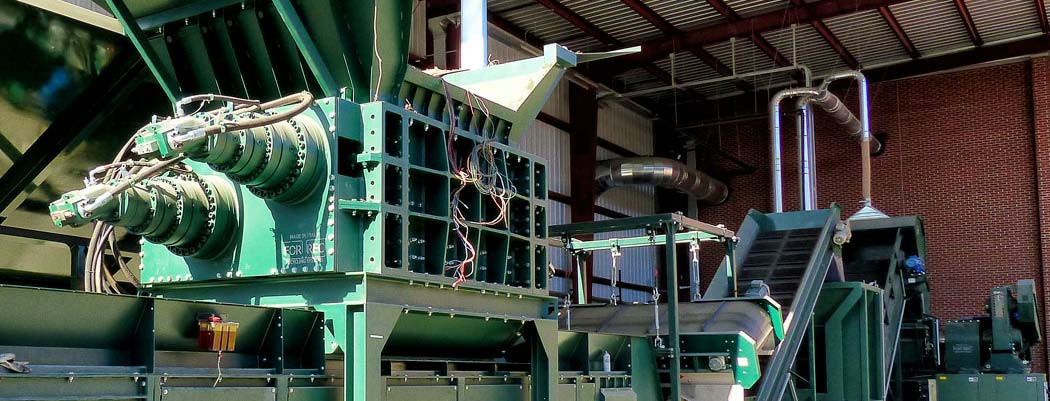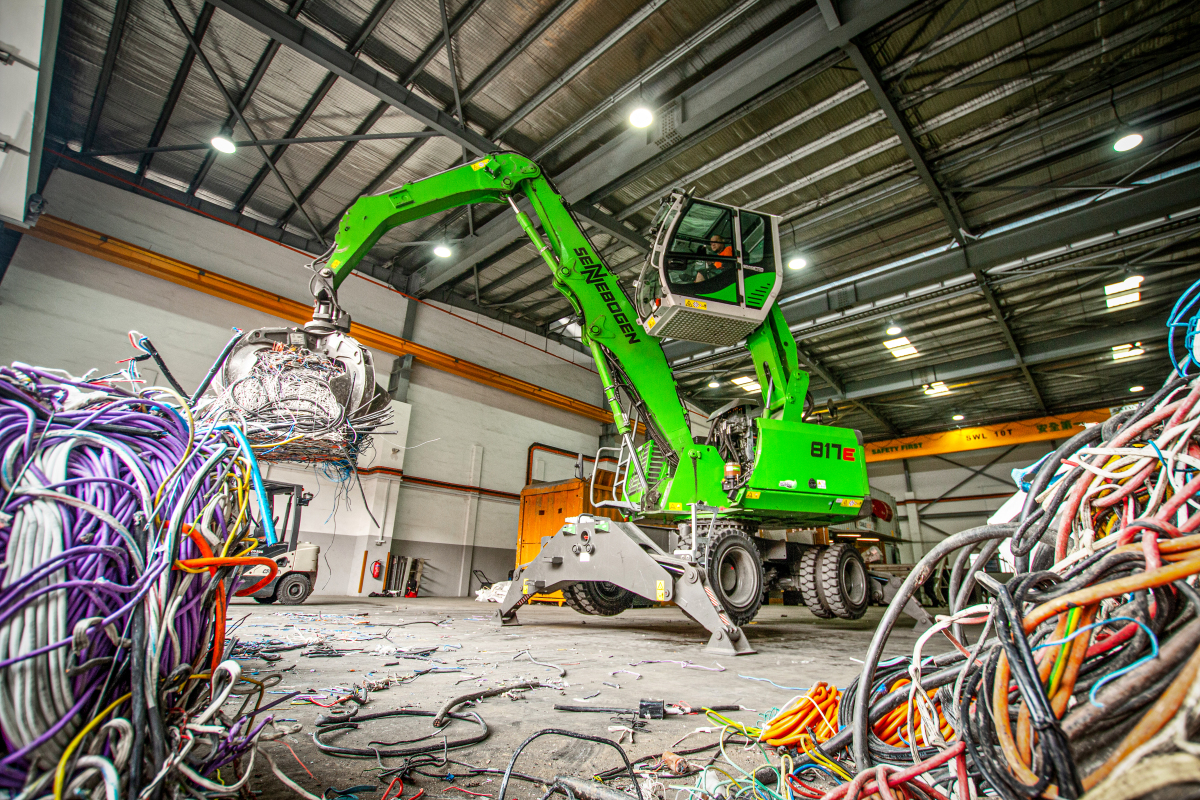Veolia has developed a new process for recycling copper from decommissioned nuclear facilities
19.11.2024Veolia has introduced an innovative solution to salvage copper from electrical cables in decommissioned nuclear facilities. By developing a new method of safe handling to dispose of the contaminated plastic coating that protects the core from radiation, the new process reduces the treatment time and cost, and preserves the valuable copper for recycling. The process represents a significant carbon saving as capturing the copper for recycling saves around 85 % of the emissions associated with copper sulphide extraction from large open pit mines.
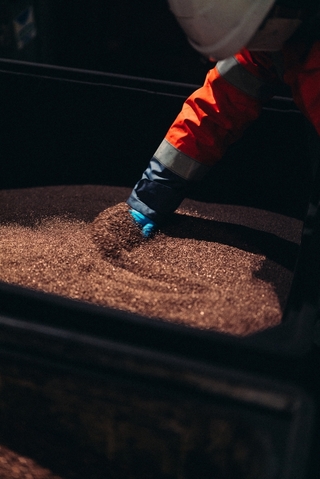 © Veolia
© Veolia
Estimates show that standard thin gauge to heavy duty electrical cables will make up hundreds of tonnes of waste during the planned decommissioning across various projects. An initial trial by Veolia processed over 12 t of cables that were safely handled and stripped of the contaminated plastic coating, cut and packaged into drums for safe treatment using high temperature incineration. The resultant exposed cores were tested for radioactivity and found to be safe, producing 4 t of copper for recycling.
Copper is a key component in the modern world and is used in a vast range of applications ranging from electrical equipment such as computers, TVs and mobile phones, household white goods, motors, generators, vehicles, power generation, construction, and plumbing, to cookware, coins, musical instruments and even sculptures. Despite being a common metallic element with trillions of tonnes in the earth’s crust, only a tiny fraction of these copper reserves is economically viable with present-day prices and technologies. Estimates of copper reserves available for mining vary from 25 to 60 years.
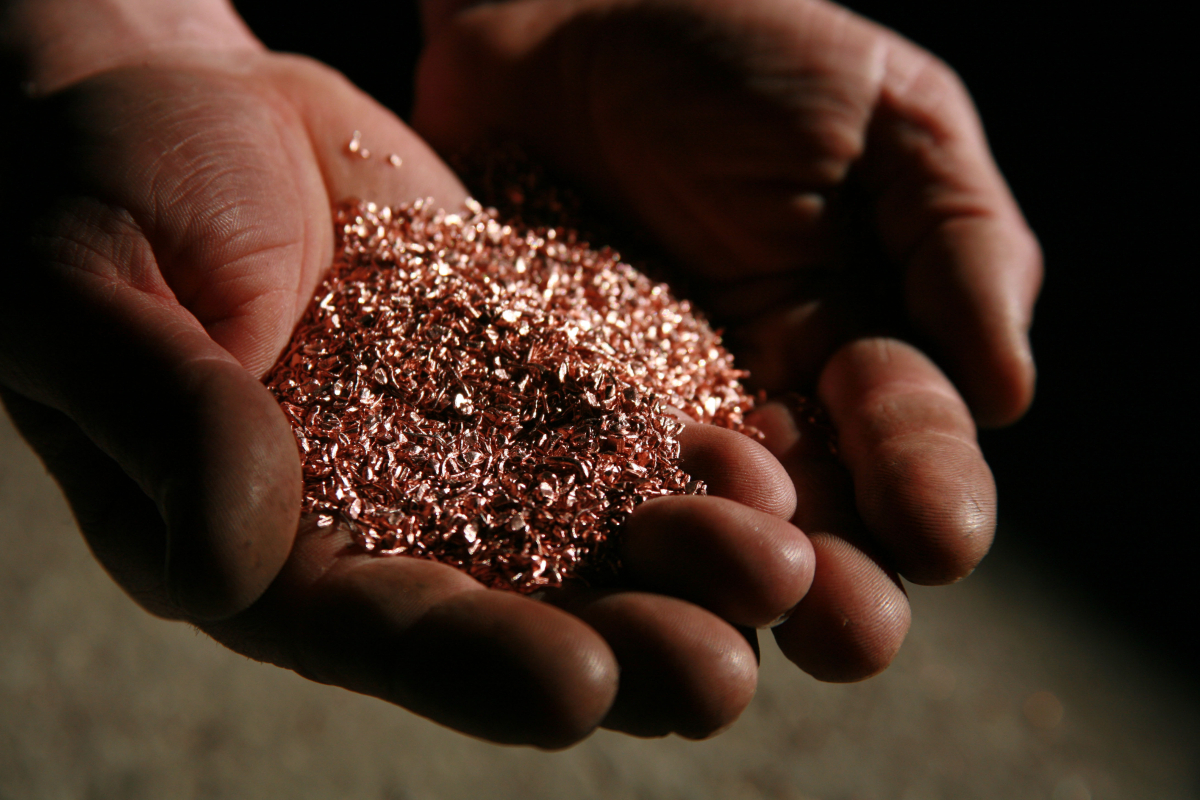 © Veolia
© Veolia
With global operations spanning across various projects including the Magnox decommissioning programme, Veolia provides turnkey solutions from initial surveys and characterisation through decontamination, dismantling and segregation, to packaging and appropriate disposal using a methodology that ensures decommissioning projects are executed safely. These operations use a range of technologies and services for facility restoration, decommissioning of plants, and the company has pioneered many best practices for the safe demolition of complex structures within live facilities, and was the first demolition company to use explosive techniques for the demolition of a facility on a UK nuclear licensed site.
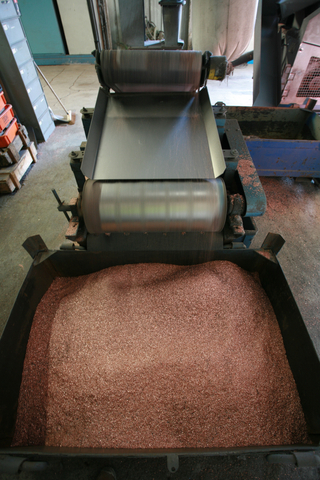 © Veolia
© Veolia
Commenting on the new development, Nicola Henshaw, Managing Director Hazardous at Veolia UK said: "Utilising our expertise in decontamination, depollution and hazardous waste, part of our global GreenUp strategy, we’ve helped the nuclear industry significantly reduce its waste and salvage valuable materials. As more end of life nuclear facilities are decommissioned this new process represents a new way of capturing valuable resources from this industry. With pressure on the earth’s copper reserves, more demand from industry, and the need to reduce carbon emissions, this latest innovation marks an advance towards a circular economy."

